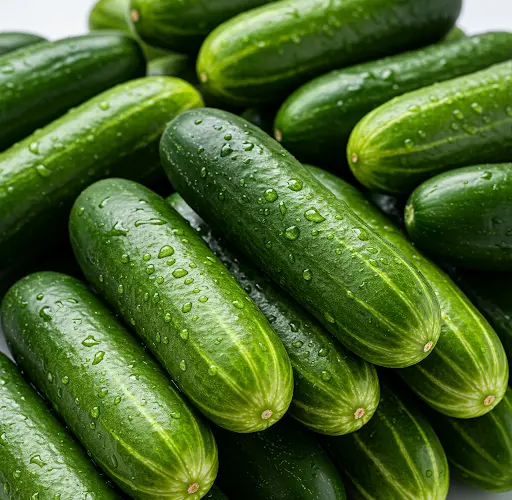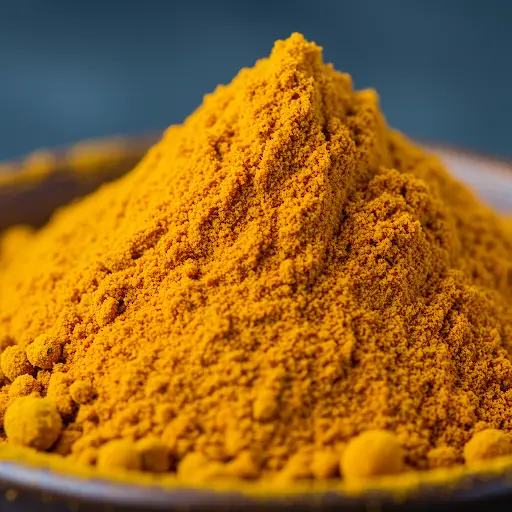The Best Natural Fertilizers for Healthy, High-Yielding Cucumbers
Cucumbers are a garden favorite for good reason—they grow quickly, produce abundantly, and are delicious in salads, pickles, or eaten fresh off the vine. But if you want your cucumbers to thrive throughout the growing season, it’s essential to provide them with the proper nutrition. Without consistent feeding, cucumbers may develop pale leaves, grow slowly, and produce fewer fruits. Fortunately, there are simple, natural fertilizers that can dramatically improve their health and yield—without using harsh chemicals.
In this article, you’ll discover two of the most effective natural fertilizers for cucumbers: one based on dry yeast and another combining powerful ingredients like nettles, ash, milk, and honey. Both formulas are easy to make at home and provide cucumbers with essential nutrients that support strong roots, vigorous growth, and protection against diseases and pests.
Why Cucumbers Need Regular Fertilization
Cucumber plants are fast growers and heavy feeders. Their root systems continuously absorb nutrients from the soil to fuel their rapid development and continuous fruit production. However, over time, even nutrient-rich soil can become depleted—especially if cucumbers are grown in the same spot year after year or in containers.
When the soil lacks nutrients, cucumbers may show signs of distress:
-
Pale or yellowing leaves
-
Weak or spindly stems
-
Slow fruit development
-
Increased susceptibility to pests and fungal diseases
That’s why regular fertilization is essential. By providing a steady supply of macro and micronutrients, you ensure that your cucumber plants remain healthy, productive, and resilient throughout the season.
Fertilizer #1: Dry Yeast-Based Booster
This first fertilizer is incredibly simple yet highly effective. Yeast is packed with beneficial microorganisms, B vitamins, and other compounds that not only improve the soil structure but also stimulate root growth and increase a plant’s resistance to disease.
Ingredients:
-
10 grams of dry yeast
-
1 tablespoon of sugar
-
5 liters of warm water
Preparation:
-
In a small bowl, mix the yeast and sugar.
-
Add a little warm water and stir gently to activate the yeast.
-
Let the mixture rest for 10–15 minutes.
-
Add the activated yeast mixture to the remaining water and mix thoroughly.
Application: Use this natural fertilizer every 10 to 14 days. Apply it early in the morning or late in the evening when temperatures are cooler to avoid evaporation and sun stress. Water the cucumber plants at the base to encourage deep root absorption.
This feeding method promotes robust root development, enhances nutrient uptake, and supports lush, fruit-bearing growth.
Fertilizer #2: Nutrient-Rich Botanical Blend
If your cucumber plants are showing signs of nutrient deficiency or you’re looking for a more comprehensive fertilizing option, this second recipe combines several organic components, each with a specific role in boosting plant health.
Ingredients:
-
A handful of nettles (rich in nitrogen)
-
1 tablespoon of wood ash (contains potassium and phosphorus)
-
100 ml of milk (natural fungicide and calcium source)
-
1 teaspoon of honey (promotes beneficial soil microbes)
-
1 liter of water (base for the solution)
Preparation:
-
Place the nettles in a container and add the wood ash, milk, and honey.
-
Pour in the water and mix well.
-
Let the mixture steep for about 2 hours to allow the nutrients to dissolve and activate.
Application:
-
For root feeding: Water your cucumber plants at the base once a week using this blend. It delivers vital nutrients directly to the roots and encourages healthy growth and flowering.
-
For foliar feeding: Spray the mixture lightly on the leaves every two weeks to protect against fungal diseases and enhance nutrient absorption.
This natural blend offers a complete fertilization approach, improving soil fertility while strengthening your plants’ natural defenses.
Benefits of These Natural Fertilizers
Using either or both of these organic fertilizers offers a range of benefits for your cucumber plants:
-
Stimulates faster, healthier growth
-
Increases fruit production and quality
-
Strengthens root systems and overall plant structure
-
Improves disease and pest resistance
-
Replenishes depleted soil without synthetic chemicals
-
Encourages beneficial microbial activity in the soil
Moreover, these fertilizers are inexpensive, easy to prepare, and safe for the environment—making them ideal for gardeners who prioritize sustainability and healthy produce.
Final Thoughts
Whether you’re growing cucumbers in raised beds, containers, or directly in the ground, regular feeding is the key to success. By incorporating these natural fertilizers into your gardening routine, you can enjoy a longer harvest season, healthier plants, and tastier cucumbers—all without relying on chemical additives.
Give these recipes a try and observe the difference in your cucumber patch. With just a little effort and a few ingredients from around the house or garden, you can create the perfect conditions for a thriving cucumber harvest.



